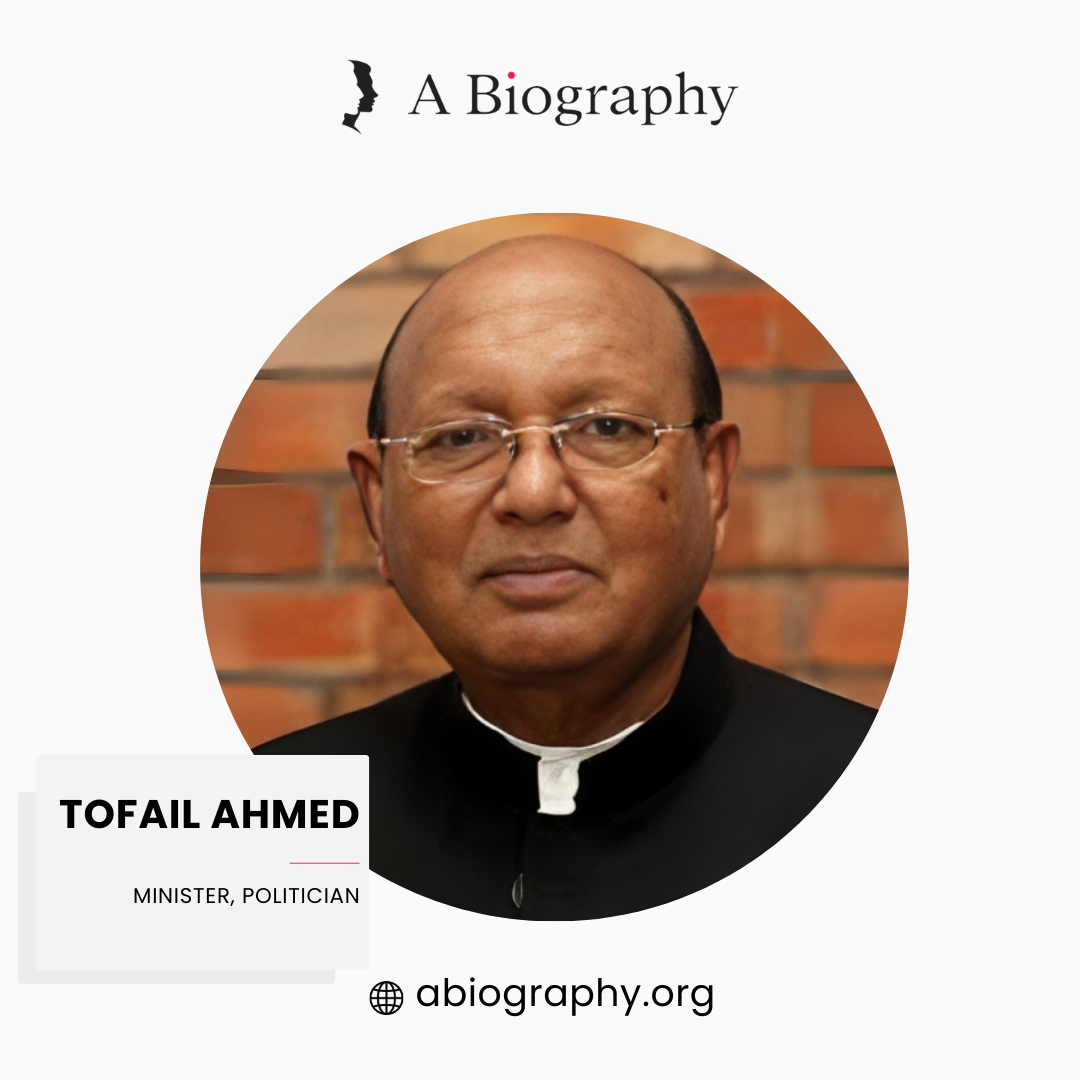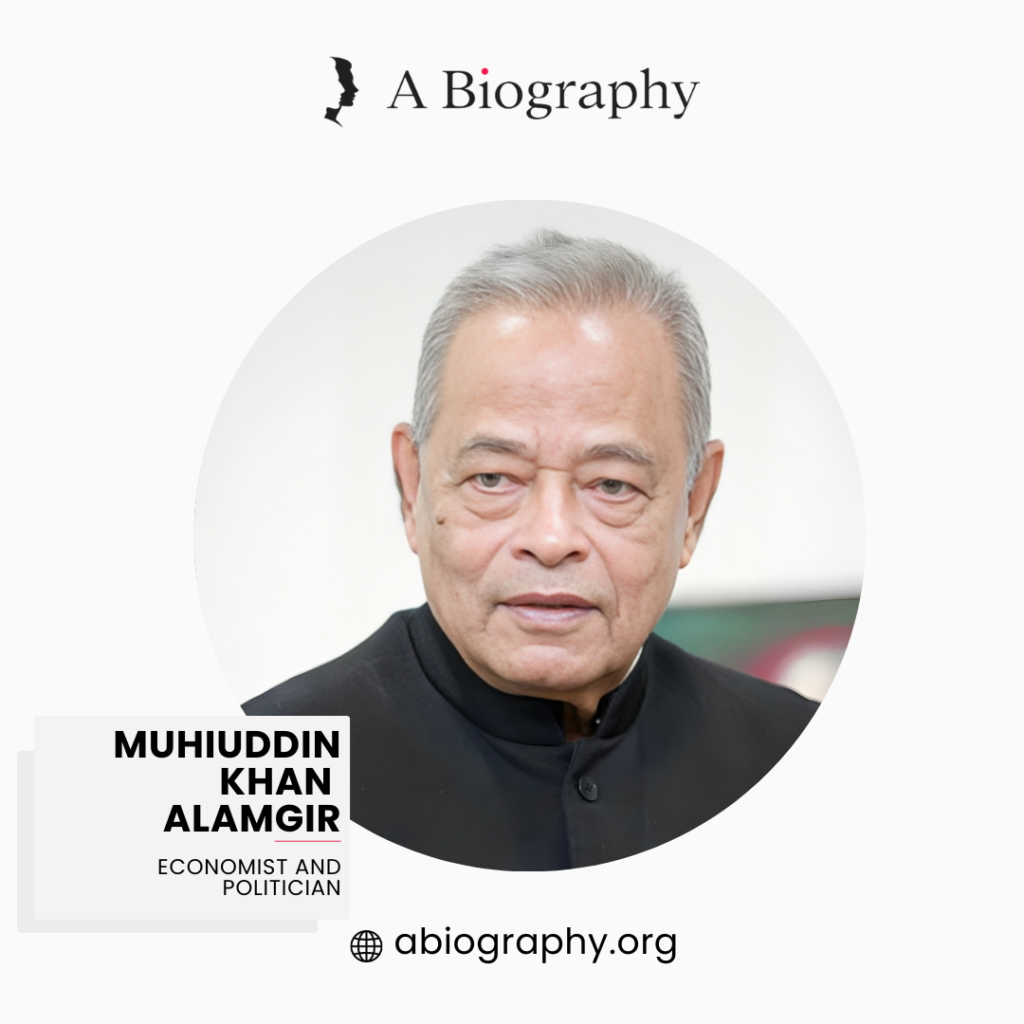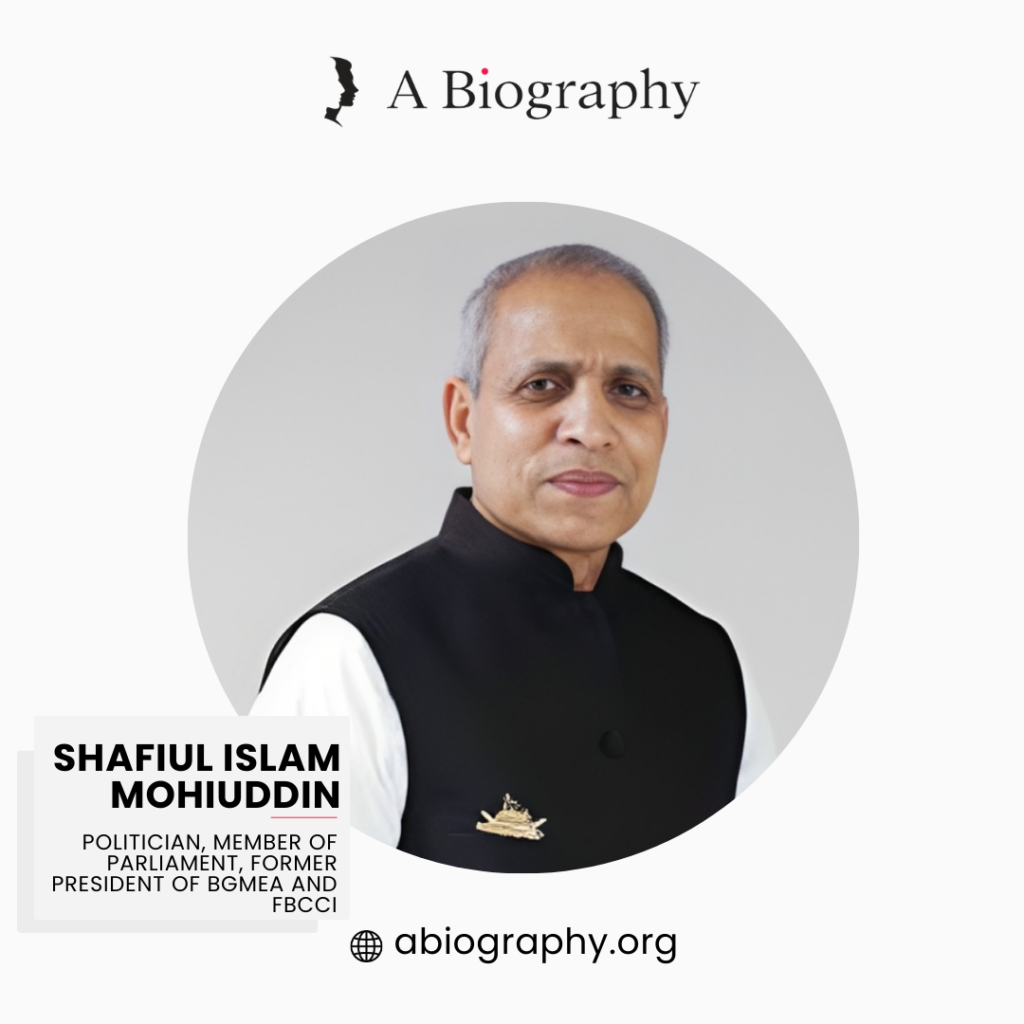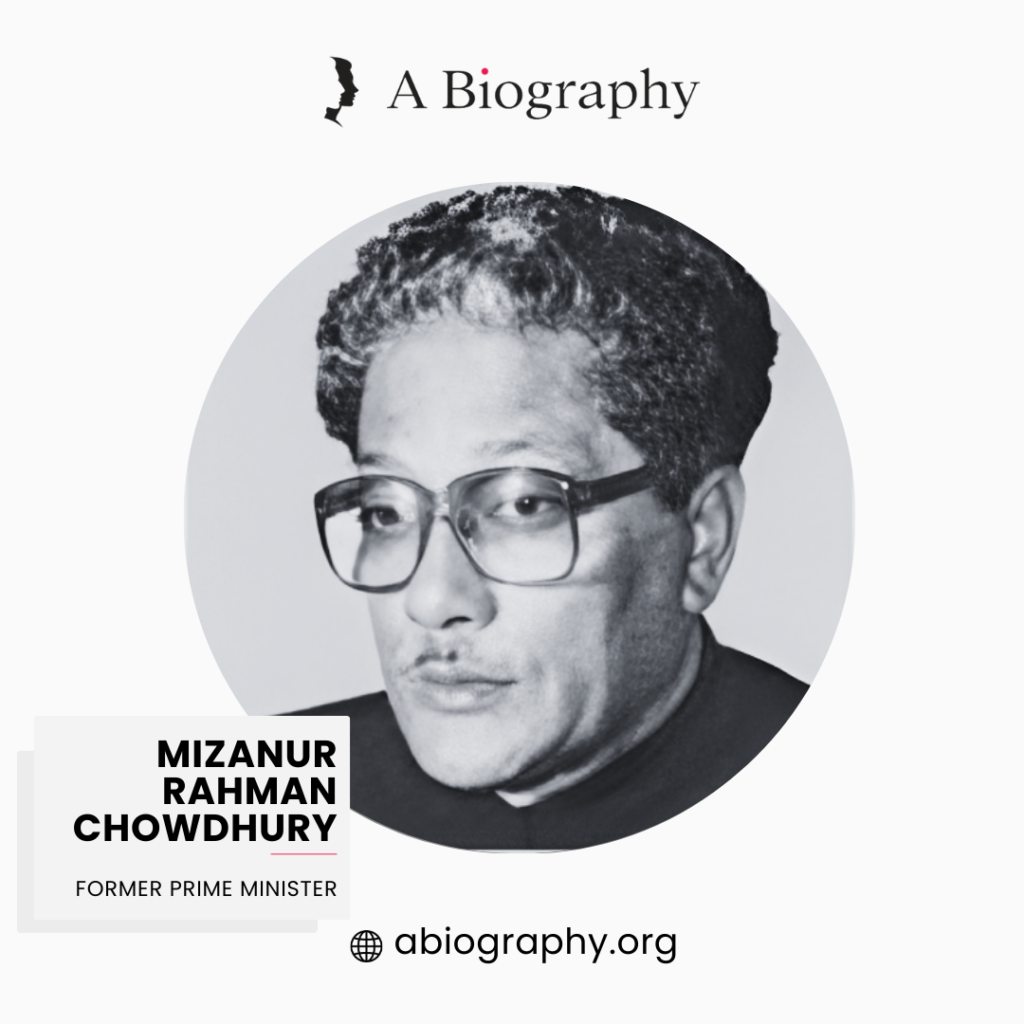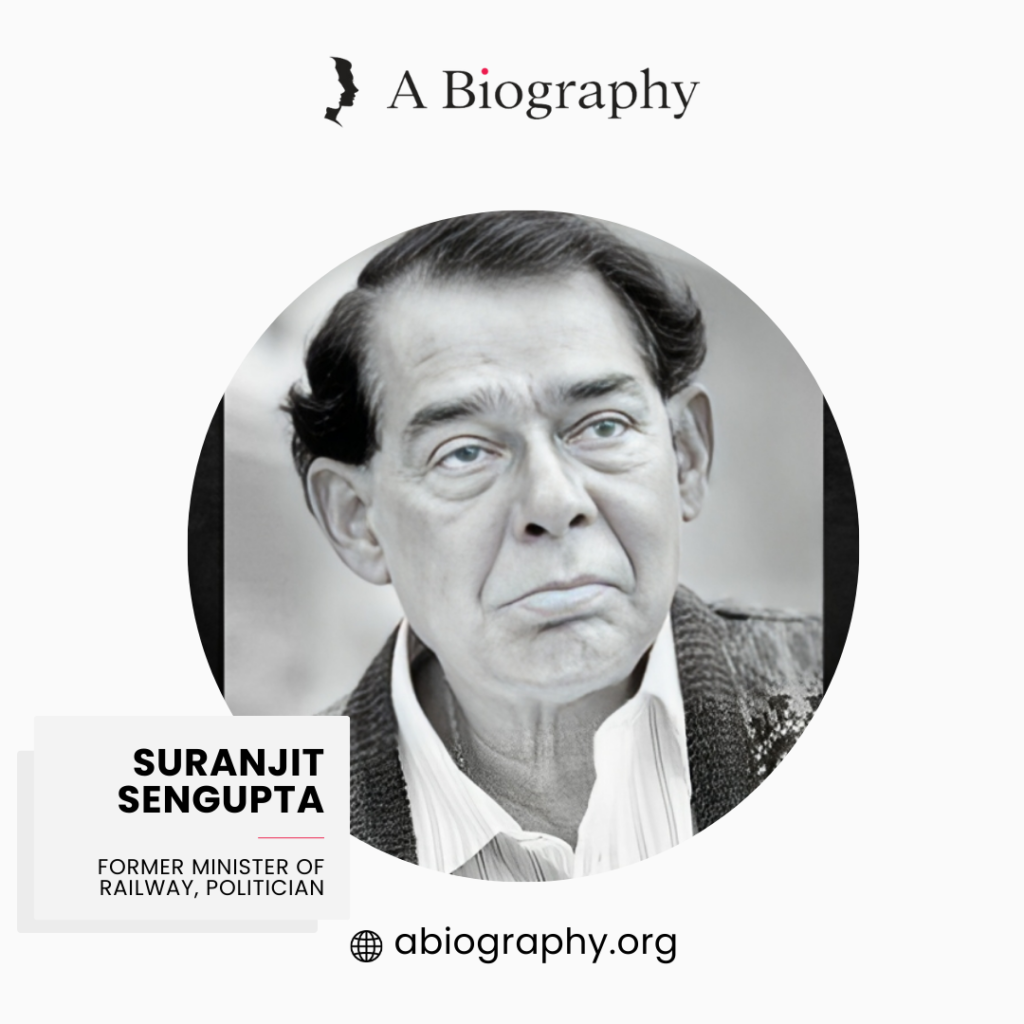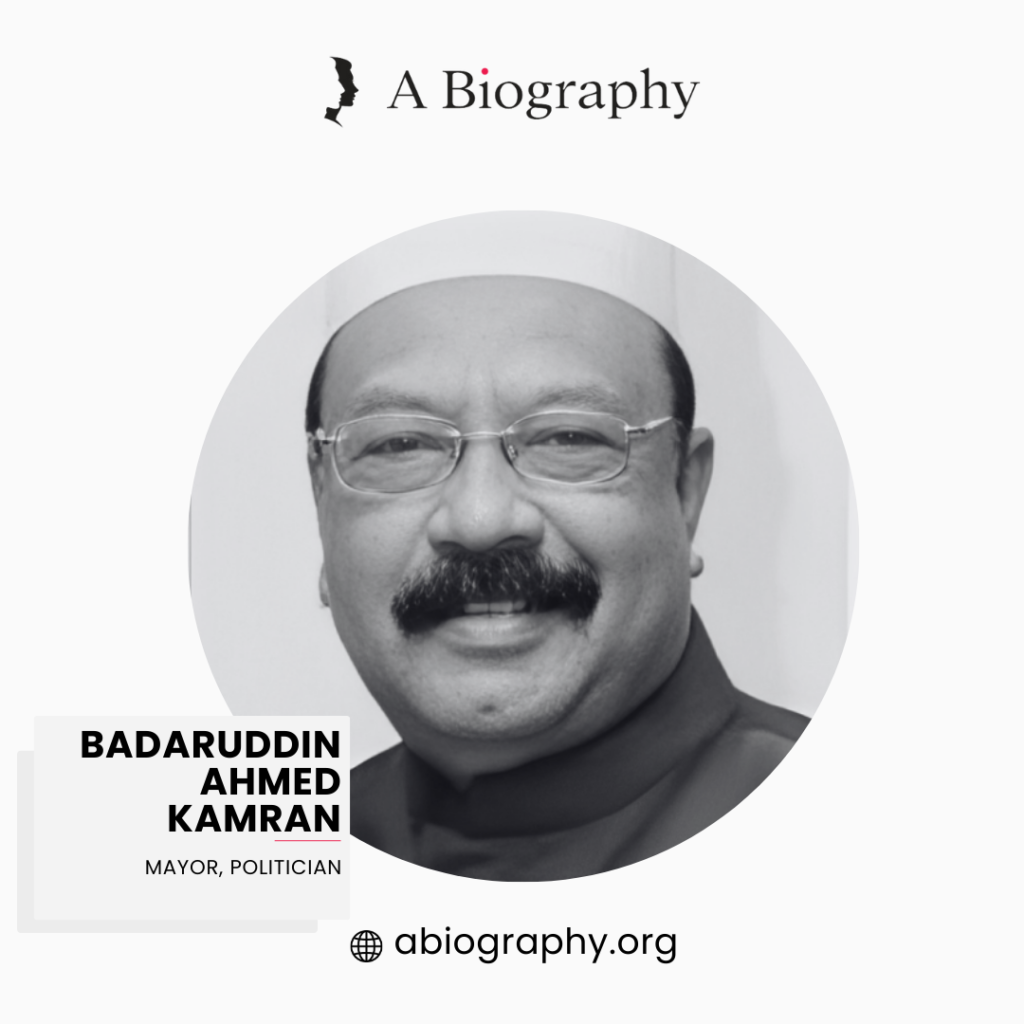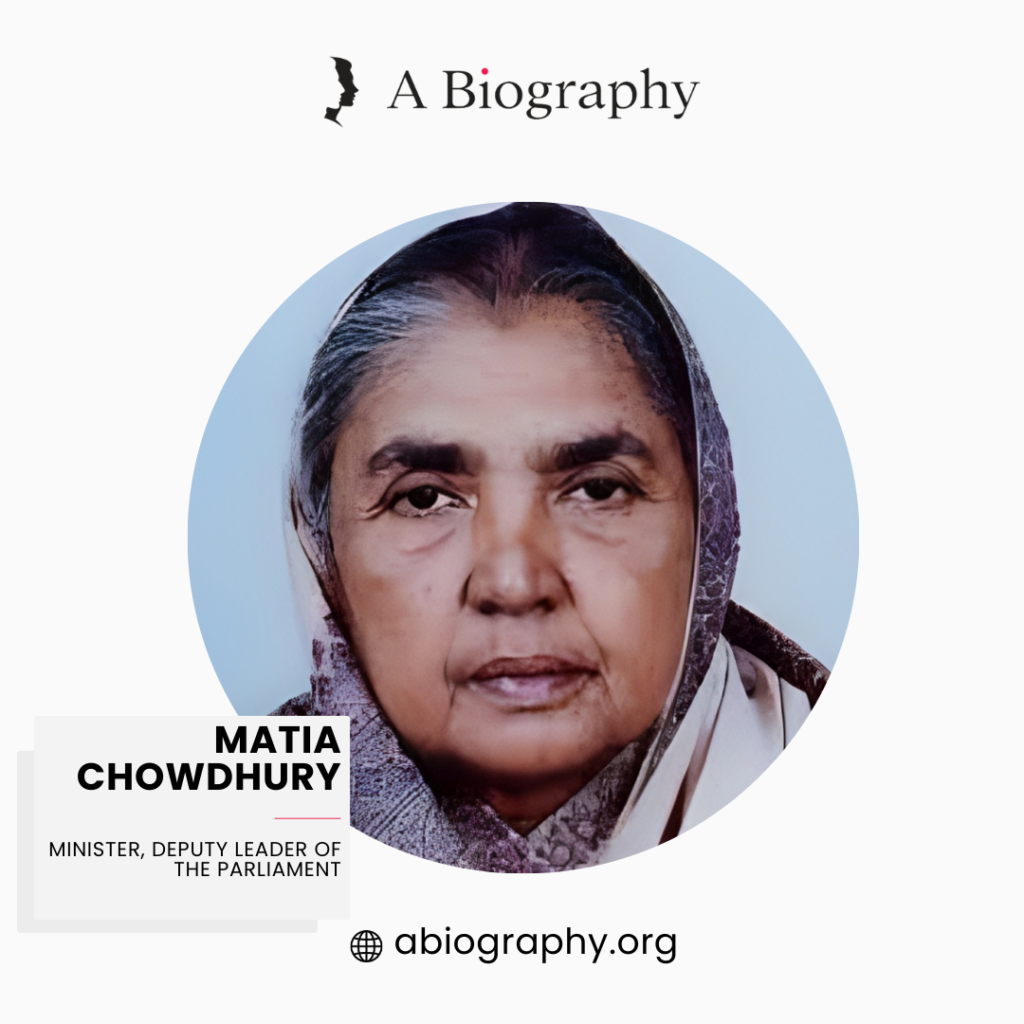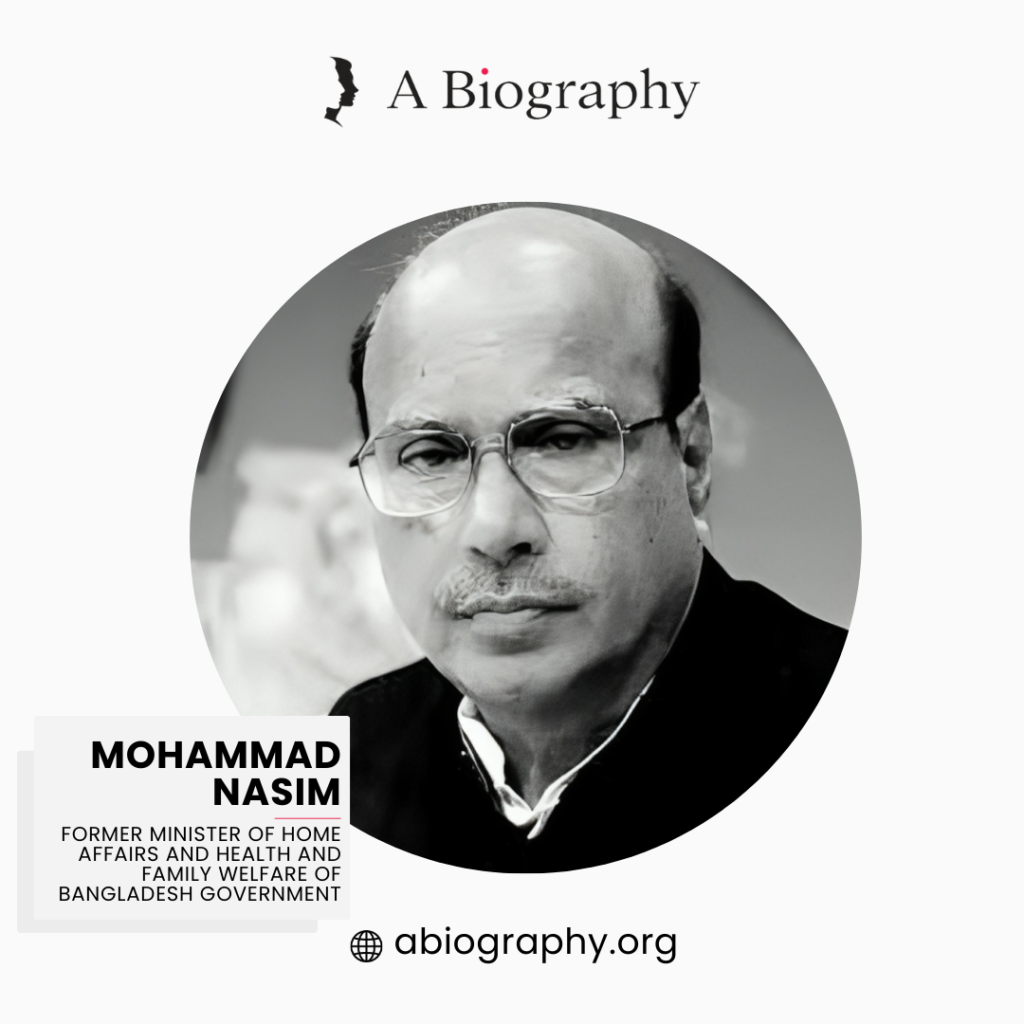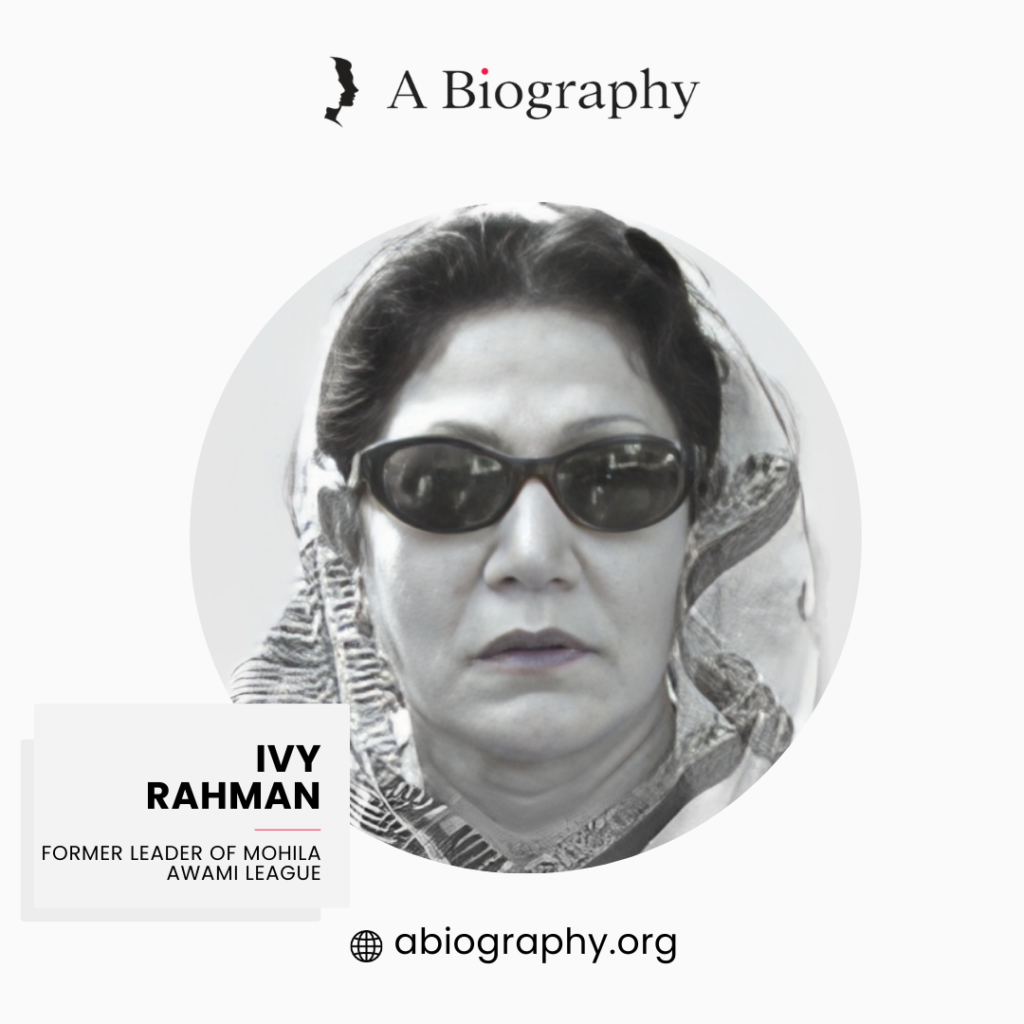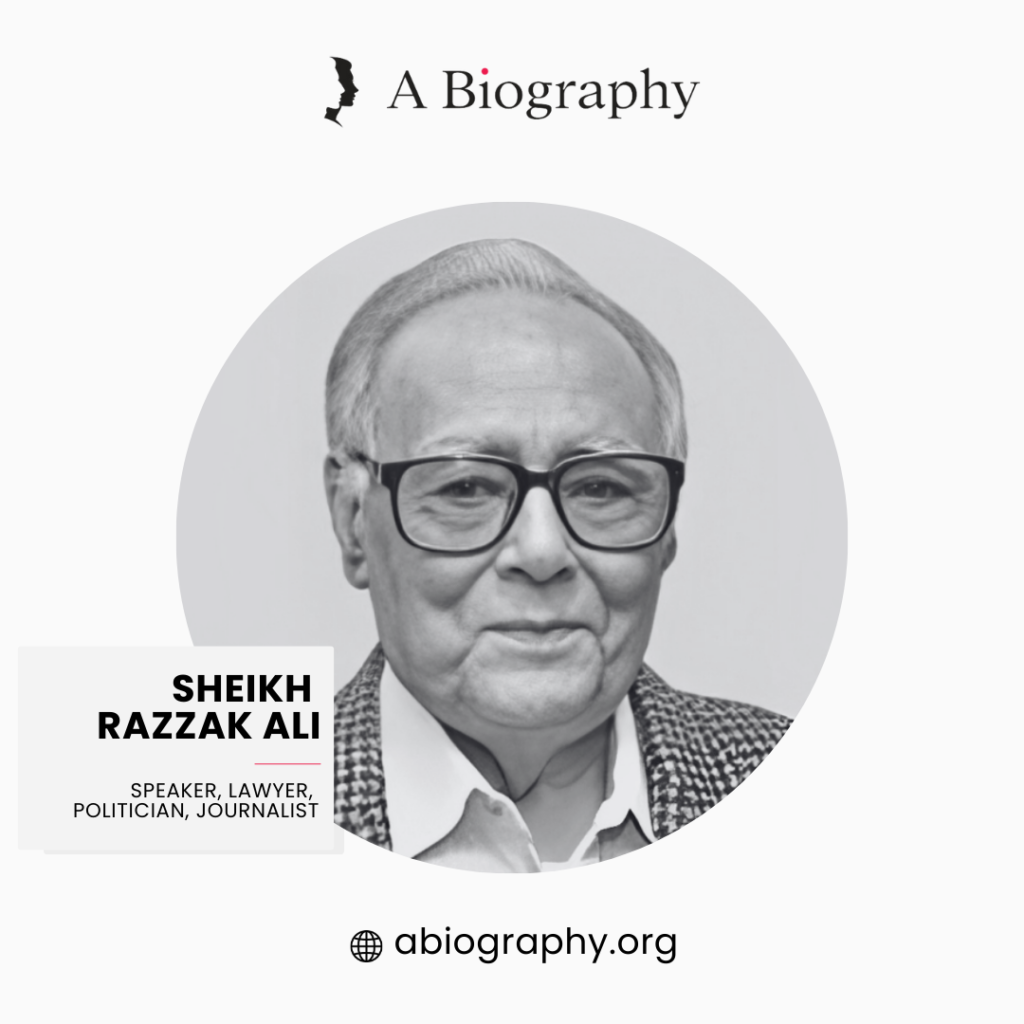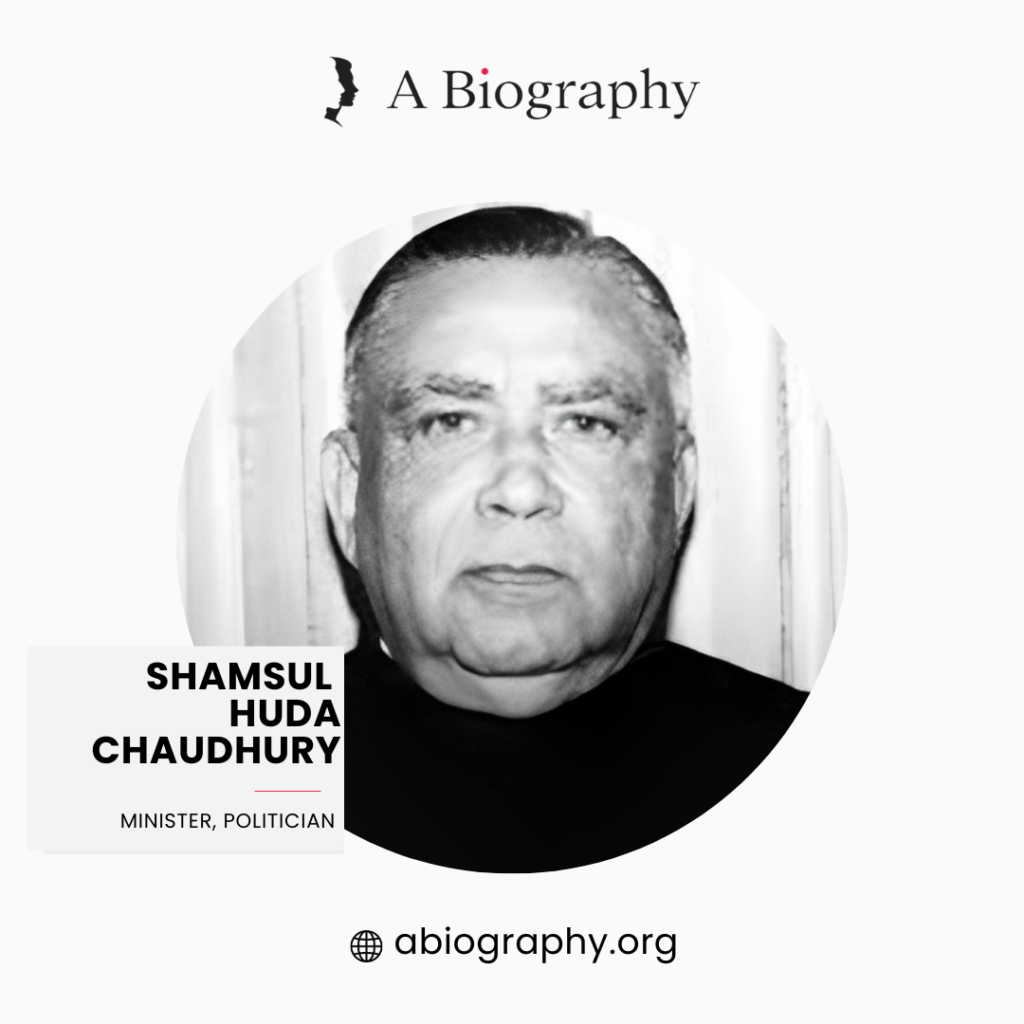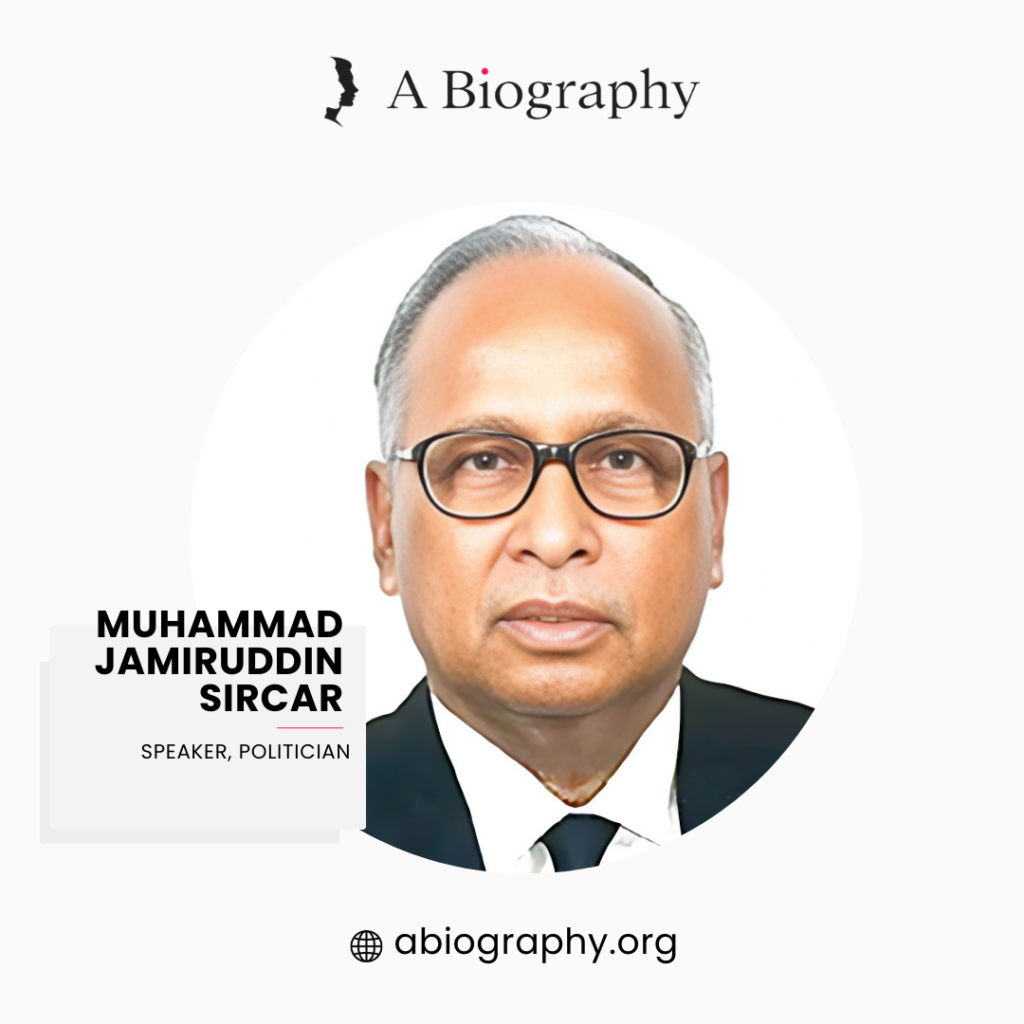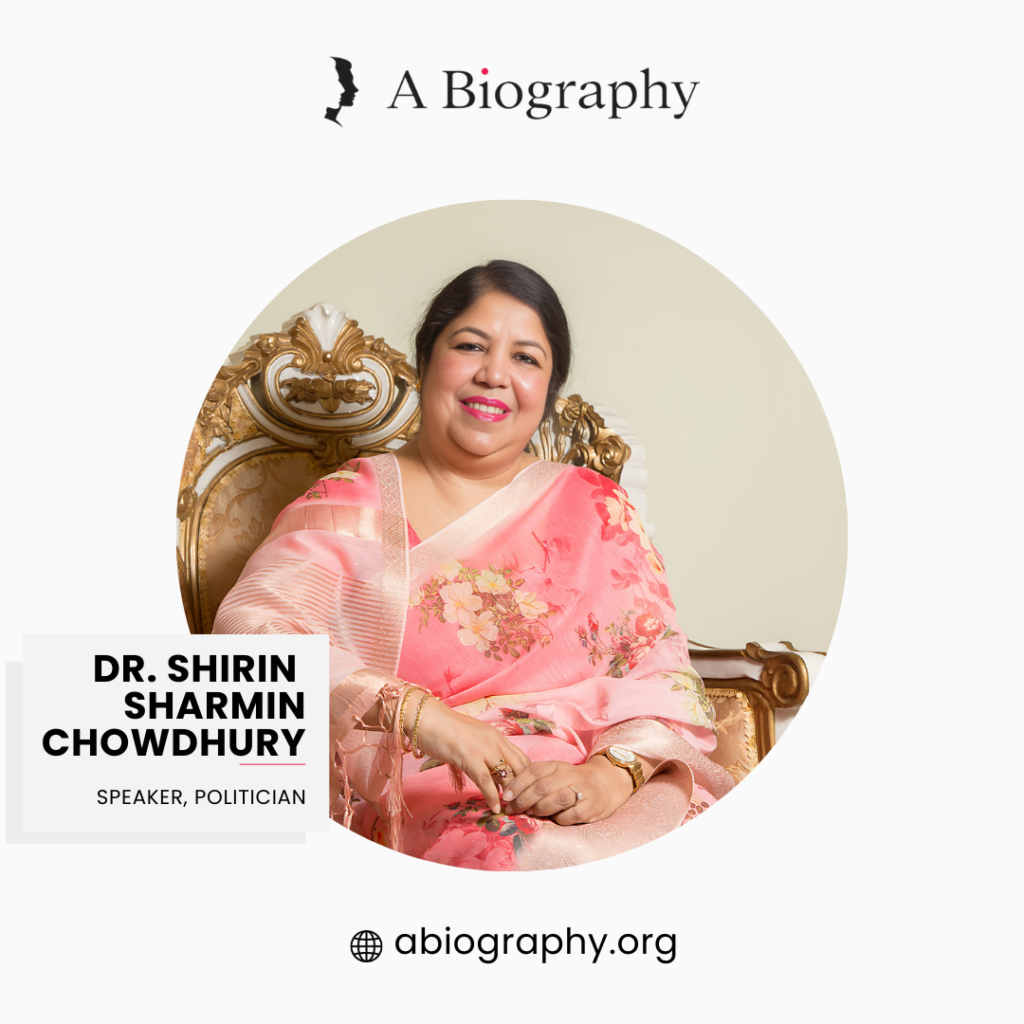BIOGRAPHY OF TOFAIL AHMED
MP, POLITICIAN, STUDENT LEADER
(22 OCTOBER 1943-Present)
Table of Contents
ToggleIntroduction
Tofail Ahmed is a well-known Bangladeshi politician who has held several major government posts. He was the famous Vice President of The Dhaka University Central Students’ Union (DUCSU) and a great student leader of the mass uprising of 1969. He was one of the prominent members of Bangabandhu’s inner circle of political advisors. For many years he has been acting as a senior leader of the Bangladesh Awami League. He as a leader of students publicly announce and confer the title of ‘Bangabandhu’ to Sheikh Mujib in Racecourse Ground (now Suhrawardy Udyan). He was one of the organizers of Bangladesh’s Liberation War in 1971 and a member of the Bangladesh Liberation Front (Mujib Bahini). He served as Minister of Industries and Minister of Commerce helping to the growth of the country’s industrial sector. He has served in Parliament many times, representing seats such as Bhola-1 and Bhola-2. He had a long and brilliant political career and still, he is an active and recognized figure in Bangladesh’s political scene.
Life of “Tofail Ahmed” at a glance
- Real Name: Tofail Ahmed
- Date of Birth: 22 October 1943
- Place of Birth: Village of Kodalia, Bhola, Bengal Presidency, British India
- Father’s Name: Mohammad Ali Ahmed
- Mother’s Name: Fatima Begum
- Siblings: One elder brother named Ali Ashraf (died on 11 July 1975)
- Profession: Politician
Education:
➢ Matriculation from Bhola Government High School (1960)
➢ ISC and BSc from Brajmohan College (1962, 1964)
➢ MA from the University of Dhaka
Experience and Ranking:
➢ Sports Secretary of Brajmohan College Students’ Union
➢ Vice President of Ashwini Kumar Hall
➢ Sports Secretary of Dhaka University Central Students’ Union Parliament (1964)
➢ Vice President of Soil Science Department, DU (1965)
➢ Vice President of Iqbal Hall Students’ Union, DU (1966-1967)
➢ Vice President of Dhaka University Central Students’ Union (1967-1969)
➢ President of Chhatra League (1969)
➢ Political Secretary to Prime Minister Sheikh Mujibur Rahman (1972)
➢ Special Assistant to the President (1975)
➢ Minister of Commerce and Industry (1996-1999)
➢ Minister of Industry (1999-2001)
➢ Minister of Housing and Public Works and Industry (2013-2014)
➢ Minister of Commerce (2014-2019)
- Religion: Islam
- Native Language: Bengali
- Spouse: Anwara Begum (m. 1964)
- Children: One daughter, Taslima Ahmed Zaman Munni
- Publications:
➢ Itihas kotha koy
➢ Bangabandhu Muktijoddha and Bangladesh
➢ Osohojog andolon theke Bangladesh
Early Life and Education
Tofail Ahmed was born on October 22, 1943, in the village of Koralia in Bhola. His father was Moulovi Azhar Ali and his mother Fatima Khanam was a respected figure in the area. Mr. Tofail Ahmed passed the Matriculation Examination (Secondary Certificate) from Bhola Government High School in 1960. He obtained his Higher Secondary Certificate from the Science Group as a student of the famous Brojmohun (BM) College in Barisal in 1962. He graduated in Science from the same college in 1964. He obtained his master’s degree in Soil Science from Dhaka University. He was on the merit list throughout his academic career.
Career
He has been active in politics since his college days. He acted as the sports secretary of the BM College Students’ Union as well as and he was elected vice president of the Ashwini Kumar Hall student council in 1962. Subsequently, he attended Dhaka University and earned a Master of Science in Soil Science. There he also acted as Sports Secretary of Iqbal Hall (now Shaheed Sergeant Zahurul Haque Hall) in 1964. Later he was elected Students’ Union Vice President of Soil Science Department in 1965 then Iqbal Hall Students’ Union Vice President in 1966–1967 and finally he became the Vice President of Dhaka University Central Students’ Union (DUCSU) from 1967–1969. While serving as vice president of DUCSU in 1969 he orchestrated the mass uprising. He was one of the most influential student leaders back then. He participated in the election of 1970 by the nomination of the Awami League and won the election. He had a great contribution to the cyclone victims of the 1970s. He reminisced that while visiting the cyclone-affected areas, Sheikh Mujib urged him to do his utmost to take care of the victims under the official banner of the Awami League.
During the Great Liberation War of 1971, he was one of the top level leaders of Mujib Bahini. He was in charge of the southern region comprising Kushtia, Barisal, Patuakhali, Pabna, Jessore, Khulna and Faridpur districts. After independence, he performed duties in various offices. On January 14, 1972 Ahmed was selected as Political Secretary to the Prime Minister with the rank of State Minister. He was in that position until January 25, 1975. In 1973 he won the election again and became a member of the Jatiya Sangsad. In 1975, all of the major groups in the country came together to form Bangladesh Krishak Sramik Awami League (BaKSAL). Tofail Ahmed has been chosen as the general secretary of Jatiya Jubo League, the youth branch of Baksal.
Bangabandhu took Tofail Ahmed with him on a number of important foreign state visits. He went to Kolkata, the capital of West Bengal, for one day on February 6, 1972, and to Moscow, the capital of the Soviet Union on March 1, 1972. On July 26, 1973, he went to Belgrade, Yugoslavia’s capital, at the request of President Joseph Broz Tito. On August 3, 1973, he went to Ottawa, Canada’s capital, to attend the Commonwealth Heads of Government Summit. On September 6, 1973, he went to Algiers, Algeria’s capital, to attend the 4th Non-Aligned Summit. On October 17, 1973, he spent seven days in Tokyo, Japan’s capital. Pakistan officially recognized Bangladesh on February 22, 1974, and on February 23, 1974, it joined the Islamic Summit in Lahore, Pakistan.
Mr. Ahmed attended the United Nations General Assembly in New York, the Organization of African Unity Summit in Algiers, the Common-wealth Conference in Canada and Jamaica, and the Organization of Islamic Cooperation Conference in Pakistan. During his travels, he met many notable people from all over the globe, including Marshal Tito, Anwar Saa’dat, Piera Trudeau, Julias Nyere, Emperor Hirohito, Leonid Illych Brzhnev, and Tunku Abdur Razzak. The 1988 World Peace Conference was attended by him. He traveled extensively in Asia and Europe. He attended the Singapore, Geneva, and Seattle meetings of the World Trade Organization’s Ministerial Conference. At these gatherings, he represented the LDCs and coordinated with other delegates. At the WTO convention in Geneva, he presided over a gathering of the Least Developed Countries.
After the assassination of Bangabandhu, he spent about 5 years in the jails of Dhaka, Mymensingh, Sylhet, Comilla, Barisal, Kushtia, and Rajshahi. He became Commerce and Industries Minister in the 1996–2001 term. During his tenure, he led the LDC Group as coordinator in the first, second, and third WTO Ministerial Meetings and played a defining role in achieving the commitment to Duty-Free Quota Free Market access for LDCs.
He became Minister of Commerce (2014 – 2019) for the second time and held the office with the same dedication as the first time. After independence, he won in 1973, 1986, 1991, 1996, 2008, 2014, and 2018. He was elected to two seats in 1991 and 1996. During all his tenure he dedicated himself for the development of Bhola, his election area. People of Bhola always remember him with great admiration.
Personal Life
In 1964, Tofail Ahmed married Anwara Begum, the eldest daughter of respected Alhaj Mofizul Haque Talukdar. They have a daughter named Taslima Ahmed Zaman Munni, who is a doctor, and a son-in-law named Touhiduzzaman Tuhin, who is a renowned cardiologist. Sadly, Tofail Ahmed’s elder brother, Ali Ashraf, passed away on July 11, 1975. Mr. Ahmed is a great philanthropist. He declared that he will donate all of his movable and immovable property. Anwara Begum, his wife, is also a philanthropist. They have provided assistance to many people in need.
Legacy
Mr. Ahmed dedicates his life to the improvement of the life of the people of Bangladesh. He always visited his native district every weekend which is a rare quality of the politicians of Bangladesh. He started his political career very early in his life and his struggle for the political right of people is unforgettable. The development journey of Bhola began by his effort. He is called the architect of modern Bhola. He improved road communication of Bhola and tried to establish a land bridge connecting the only island district of Bangladesh. Ahmed has set up an old home in Bhola’s suburb of Bangla Bazar by the name of his mother. In 2016, he founded a foundation in his name. Through this foundation hospitals, old homes, scholarships, and humanitarian services are being conducted for needy people. He also established Azhar Fatima Medical College Hospital in Bangla Bazar. The hospital is also run by the Tofail Ahmed Foundation.
Conclusion
Tofail Ahmed is well recognized as a leader in Bangladesh’s fight for independence and as a spokesperson for the common man. His legacy is still appreciated today since he was the de facto Governor of East Pakistan (now Bangladesh) during the 1969 uprising. Tofail Ahmed has shown honesty, responsibility, and eloquence while persevering toward his ultimate aim for welfare politics. He has consistently upheld his principles, setting him apart from the majority of politicians in Bangladesh. Tofail Ahmed is a prominent lawmaker and supporter of parliamentary democracy who is well-admired for his persistent commitment to Bangabandhu’s ideology. The advancement of parliamentary democracy and the preservation of MPs’ dignity as the people’s chosen representatives may be attributed in great part to his work. Tofail Ahmed is a remarkable role model for politicians since he has been consistent and honest in his politics for almost 60 years.

